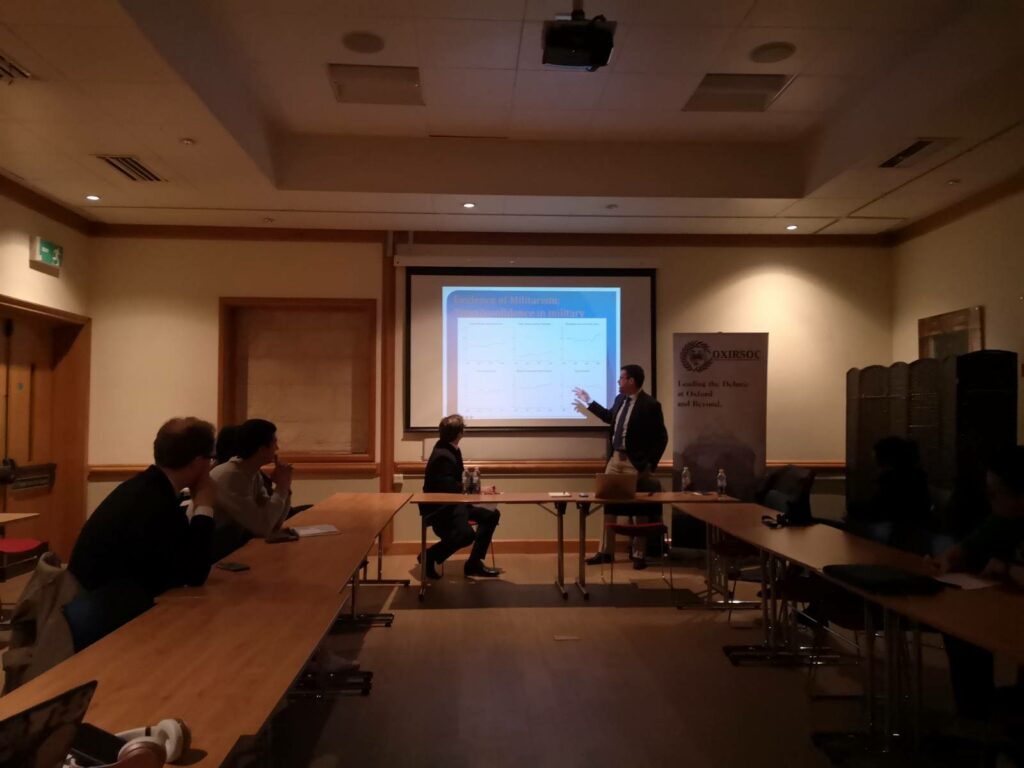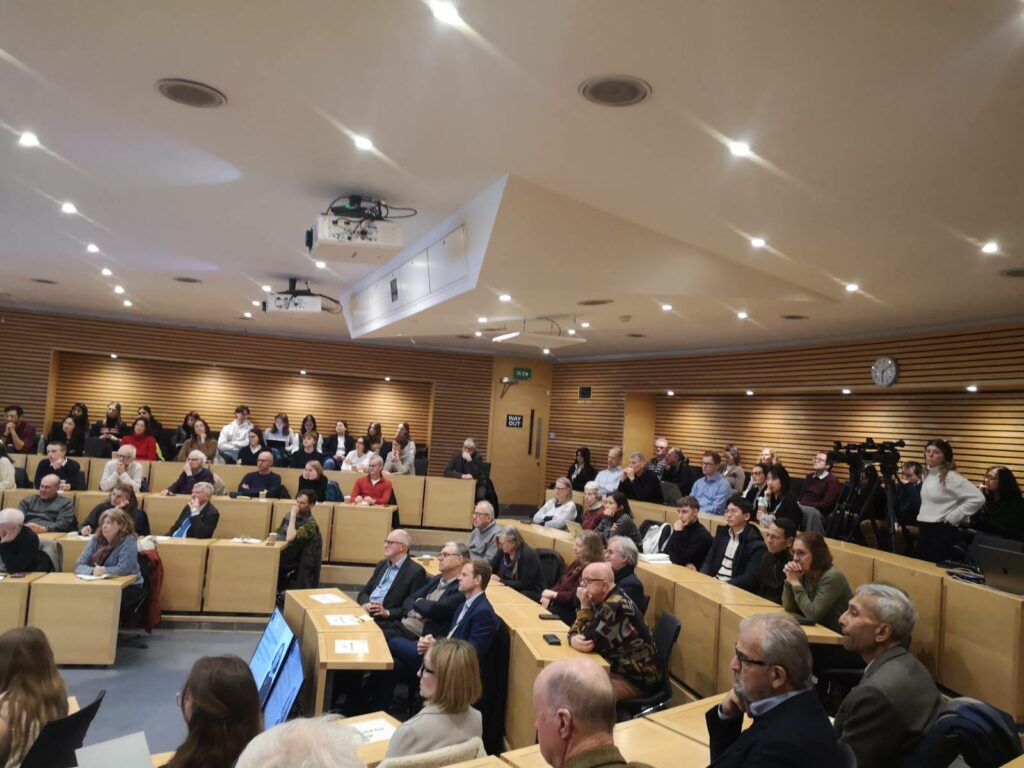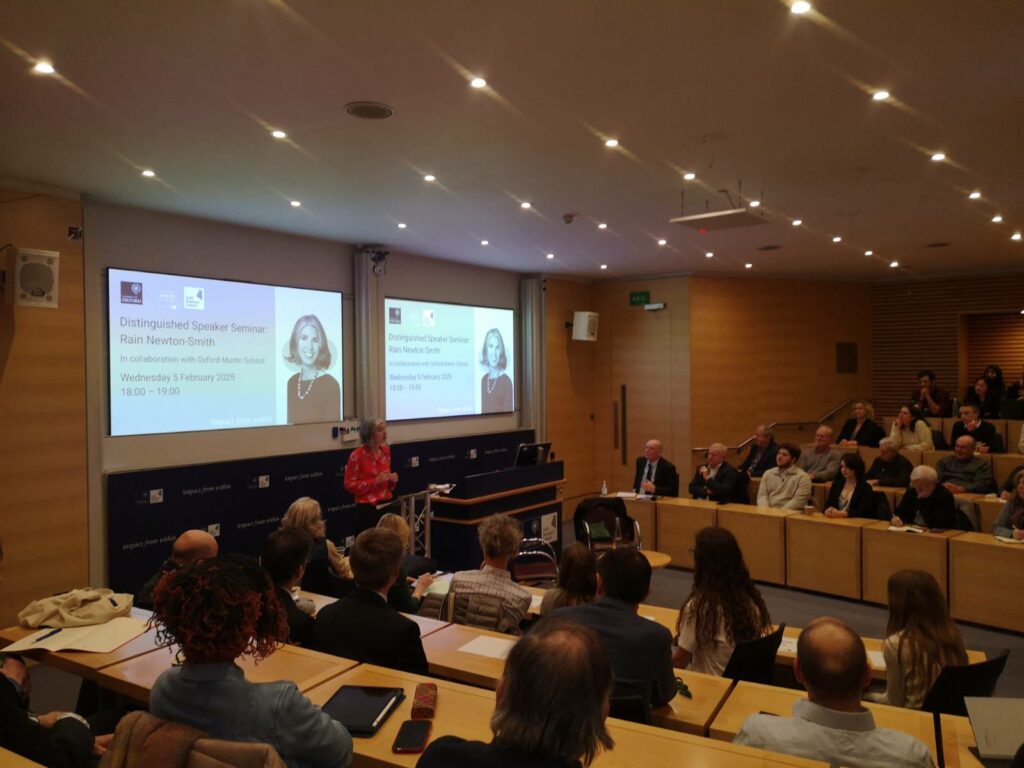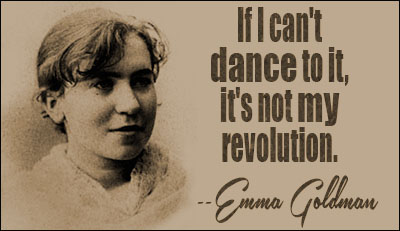The best working definition of fascism is simple, economic: “The continuation of capitalism by undemocratic means.” This isn’t abstract theory. Fascism in the 1920s and 30s emerged precisely in response to a very real threat of revolutionary socialism. The Russian Revolution sparked global fear among the capitalist class that their time was up. Fascism – in Italy, Germany, Spain, Austria – arose as a counter-revolution. It wasn’t merely authoritarian nationalism or aesthetic militarism. It was the repressive armour worn by capitalism under existential threat.
Look at the details: In Spain, Franco rose after a democratically elected socialist government began to challenge entrenched economic power. In Germany, the first Nazi concentration camps were built for communists, not Jews. In Chile in the 1970s, the overthrow of Allende’s democratic socialist government was orchestrated by domestic elitists and foreign (read: U.S.) interests terrified of socialism spreading in Latin America. Fascism wasn’t a deviation. It was capitalism defending itself with violence. Today, we face the same moment – and too many people are looking the other way.
For 40 years, neoliberalism, that mix of deregulation, privatization, and gutting of social safety nets, has shaped our economics and cultures unchallenged. Its effects are easy to see: skyrocketing inequality, mass precarity, and ecological breakdown. But there’s a dangerous myth that neoliberalism is simply unregulated capitalism. In truth, it’s much closer path to economic fascism without the jackboots, until now.
#Neoliberalism didn’t grow in a vacuum. Its roots are in explicit reaction to socialism’s successes. Take Friedrich Hayek, ideological godfather of neoliberals – he was deeply disturbed by Red Vienna, where municipal socialism (like public housing) was working too well. His entire framework arose as an intellectual counterattack to these working collectivist policies.
And Hayek wasn’t just an ivory tower academic. He directly shaped the policies of Thatcher, Reagan, Pinochet, and the Chicago Boys – bringing theory to life through brutal economic “shock therapy.” Thatcher herself famously declared during a cabinet meeting: “This is what we believe” as she slammed Hayek’s book on the table.
From Mussolini to Musk, capitalism’s new wannabe strongmen. There’s little material difference between Mussolini’s Italy selling off state assets to loyal industrialists and today’s global elitists (#nastyfew) hoovering up public infrastructure in the guise of “efficiency.” Mussolini at least expected those capitalists to serve the nation. Neoliberalism assumes, foolishly, that global capital will take care of society without loyalty, borders, or accountability.
In Russia, we see a more classical fascist arrangement: oligarchs allowed to profit, provided they serve the state’s nationalist goals. In the U.S., capital’s alignment with far-right politics is more chaotic but no less real. Corporations rarely oppose Trumpism, despite its chaos. Why? Because, as with 1930s Europe or 1970s Chile, fascism is good for business – so long as the profits roll in and unions, climate activists, and grassroots movements are crushed.
Where we are now is neoliberalism’s endgame, capitalism is in crisis again. But this time the existential threat isn’t just socialism – it’s climate and ecological collapse, a crisis neoliberalism created and cannot in any real way solve. And once again, the system’s response is not reform, but repression. Neoliberalism cannot survive democratically. The people don’t want it. So increasingly, undemocratic means are being deployed: voter suppression, propaganda, surveillance, repression, and the rise of far-right movements that promise “order” and scapegoats instead of justice. This is fascism, not a return to it, but its next iteration.
So what now? We don’t just need to resist this – we need to name it. Clearly. Loudly. Repeatedly. The myth that neoliberalism is merely “capitalism with the brakes off” must be composted. It is fascism with #PR. And as in the past, any progressive a step, a real alternative comes from the bottom up. From grassroots media, mutual aid networks, radical unions, climate justice movements, and the digital commons. We need to rebuild this solidarity, and we must do it #4opens horizontally, outside the broken institutions that created this mess.

The current problem we face is simple and brutal. The right-wing eats everything. Every radical spark, every hopeful idea, every challenge to power, they swallow it, mutate it, and spit it back as bland, digestible social shit.
They take our justified rage and push it back as conspiracy. They take our care and twist it into control. Every revolutionary idea, stripped bare, rebranded, and fed into the #mainstreaming machine as more slop to feed and shape the masses.
This isn’t new. It’s the old game of cultural capture. And they’re very good at it. That’s why we need tools and paths they can’t easily co-opt. Stories they can’t rinse out and rebrand. Protocols that don’t translate into buzzword #blocking. The #4opens, the #OMN, the hashtag as resistance, are frameworks built to rot their greed and appetite.
We compost instead of consume. We grow native paths, not polished products. What we’re building is deliberately messy, deeply rooted, and absolutely unpalatable to the #nastyfew and their simpering acolytes. They want power. We want relational fabric. They want purity spirals and hot takes. We want compost, community, and continuity.
It’s a step. And that matters. As I always say – I like big ideas, but right now, I’m putting my shovel into small steps towards big ideas. That’s how you build something that lasts.








